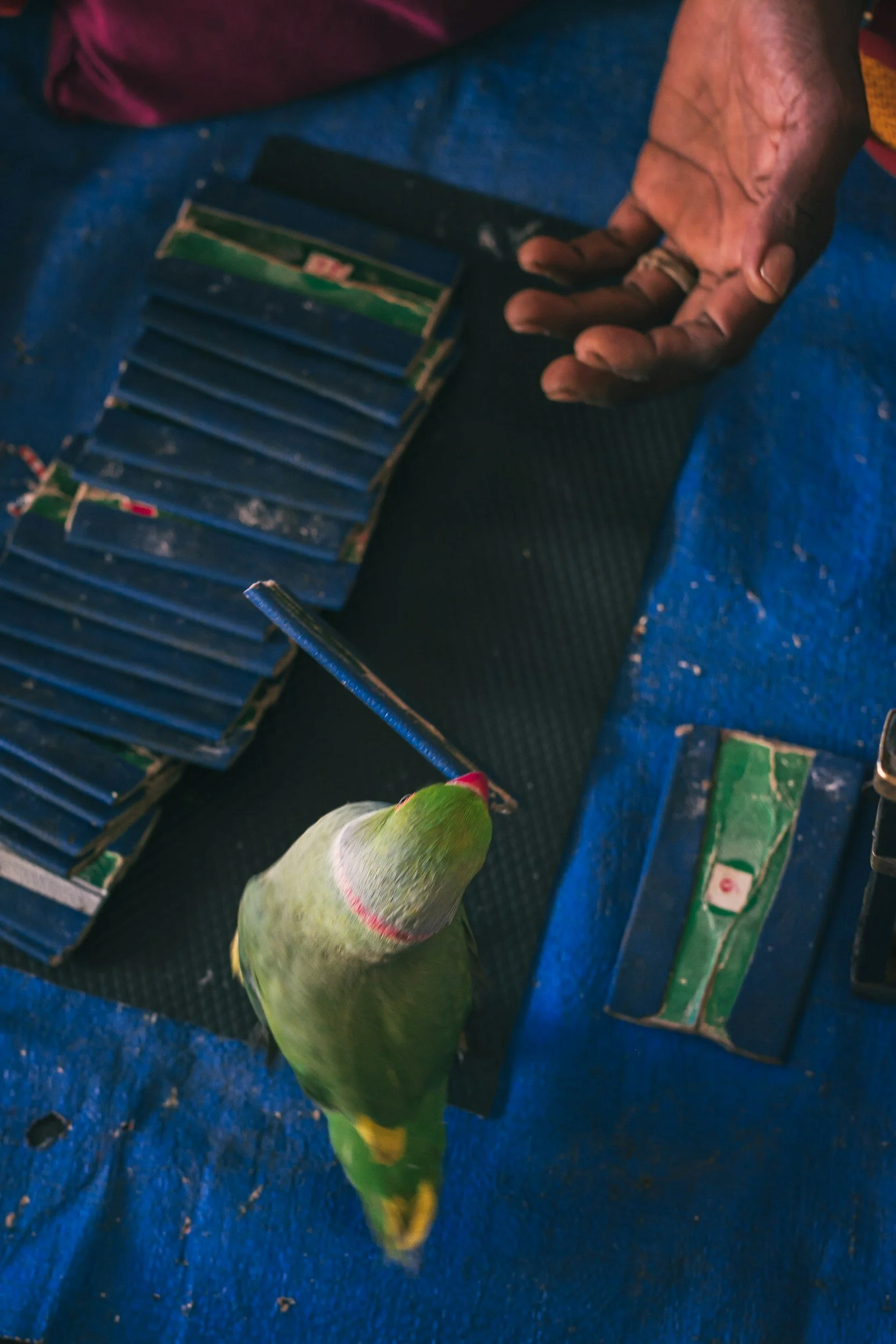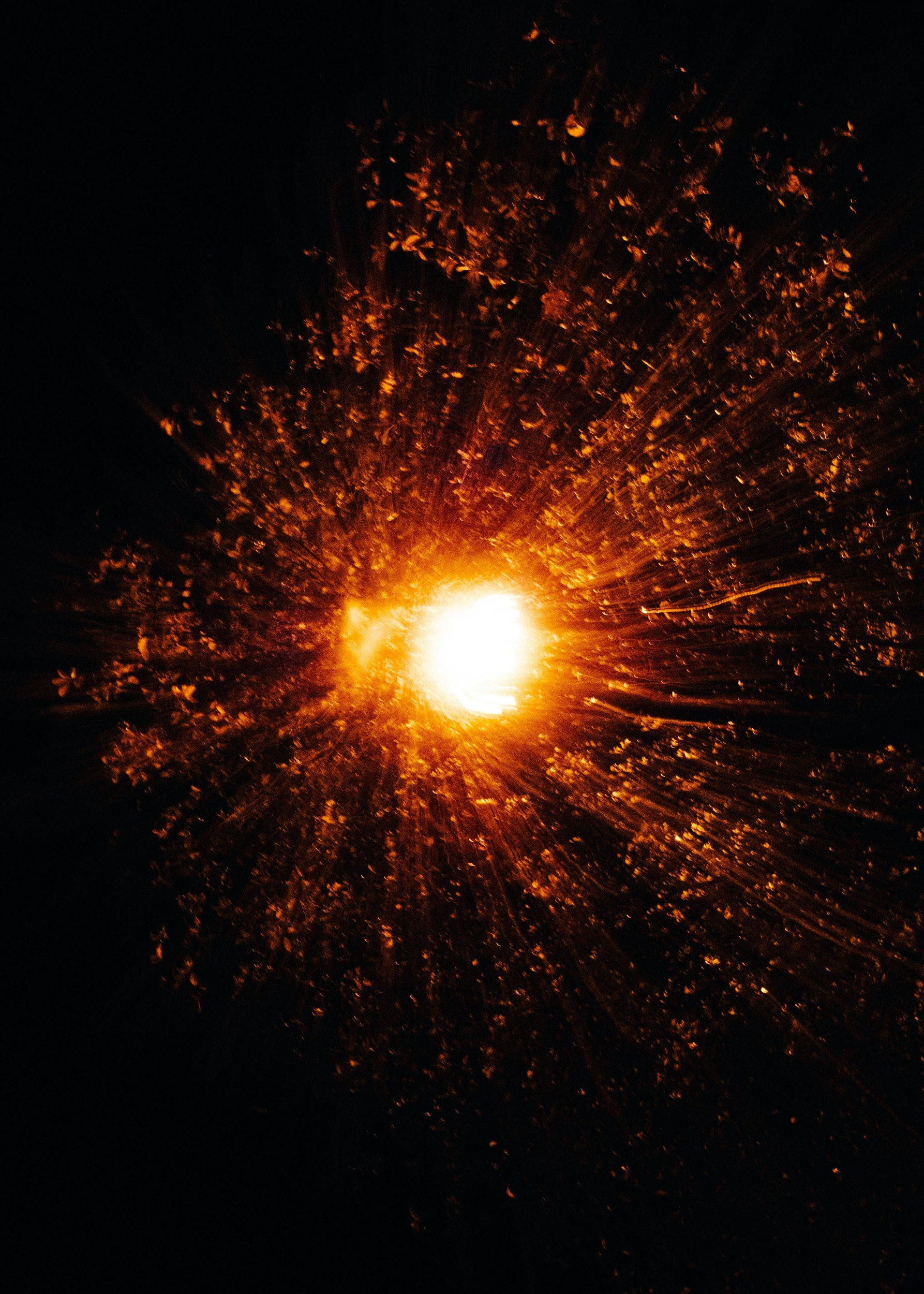Common Difficulties Modern Seekers Face with Learning Afa
In Igbo spirituality, Afa (divination) is one of the most sacred and intricate systems of spiritual communication. It is a deep and symbolic language through which humans commune with the divine, accessing messages from their Chi, Agwu, Ora Mmuo, and other spiritual forces.
For Afa Ugiri or Akpukpala especially, the process is layered, ancient, and spiritually demanding.
Notably, in today’s era, where many are returning to Odinani after years or even generations of cultural and spiritual disconnection, learning Afa presents significant challenges. Let’s explore the most common ones.
1. The Path Is Not Guaranteed for Every Apprentice
One of the first truths often overlooked is that starting an apprenticeship does not guarantee completion. In fact, many who begin the journey of learning Afa eventually drop out.
Why?
The technique is demanding, both mentally and spiritually.
The codes, symbols, and meanings are complex.
The training requires not just intellectual understanding but deep spiritual alignment.
In ancient times, those who were destined to become diviners mostly began their training from a very young age. They grew up immersed in the cosmology, language, and rhythm of Afa. Today, many adult seekers are starting later in life, usually after being raised in religious systems that contradict or demonize indigenous practices. This requires a period of deprogramming, healing, and reorientation before meaningful learning can even begin.
This is why in Igbo spirituality, there is strong emphasis on spiritual signs and confirmations before someone is fully admitted into the deeper mysteries of Afa. Without a clear spiritual calling, typically confirmed through dreams, ancestral messages, or Afa itself, progress may stall or remain superficial.
2. Spiritual Backing Is Essential
Not everyone who wants to learn Afa is spiritually equipped to do so. The practice requires clear alignment with Agwu, the spirit of divination. Agwu must not only call a person but also support and accompany them through the process.
This spiritual backing is what:
Sustains the learner during difficult moments
Activates true intuitive understanding
Separates those who succeed from those who drop out
Determination, patience, discipline, and humility are very important, but without Agwu, the path may remain closed.
3. Learning Afa Requires Mental Rewiring
One of the subtler challenges modern learners face is the mental adjustment required to interpret Afa correctly.
(a) Reading from Right to Left
Unlike most Western systems which read from left to right, Afa systems are read from right to left. For learners who’ve spent their entire lives trained in Western-style education, this requires conscious retraining of cognitive habits.
(b) Close Similarities Between Certain Codes
Many symbols or patterns in Afa resemble each other closely. The difference between one fall of the divination strings and another may be subtle, yet their meanings can be completely different. Without deep focus, a rookie diviner may misinterpret a code and deliver the wrong message.
(c) The Demands of Memorization
Afa is not only spiritual, it is also encyclopedic. Learners must commit to memory:
The names and configurations of each code
The meaning of each symbol and what it signifies
Associated sacrifices, offerings, and ritual items
And all of this must be retrievable in real-time, while interpreting spiritual energy. For many modern learners, especially those balancing other responsibilities, this can feel overwhelming.
4. Modern Life and Disconnection from Context
Traditional Afa is deeply contextual. It is woven into the culture, language, and daily realities of Igbo life. Today, many seekers live far from their ancestral communities. Some are part of the diaspora, while others live in urban environments that lack the spiritual ambiance of rural Igbo settings.
This disconnection makes it harder to:
Find trustworthy teachers
Immerse oneself in the spiritual environment
Observe rituals in community
Without this context, Afa can feel abstract or disconnected, making it harder to fully embody and practice.
The Good News: It Can Still Be Done
Despite all these challenges, many people are successfully learning Afa today. What sets them apart?
Spiritual Calling: They feel pulled by Agwu and affirmed by signs.
Consistent Practice: They make time every day to engage with the work.
Right Mentors: They seek out teachers of proven integrity.
Patience: They allow the process to unfold over years, not weeks.
To Sum It Up
Learning Afa is not a casual endeavor. It is a sacred calling, a lifetime commitment to spiritual service, and a humbling journey of knowledge and discipline.
If you feel called to learn, go slowly and intentionally. Watch for the signs. Seek trusted guidance. Be prepared to rewire not just your mind, but your entire way of seeing life.
The road may be narrow, but for those who stay the course, it leads to deep wisdom, spiritual power, and ancestral alignment. Yagazie!
Recommended Resources:
Igba Afa (Igbo Divination System) Part 1 | Tobe Osigwe (YouTube)
Afa (consultation)in igbo land, the meaning and the origin | Ada Ndi Gboo (YouTube)
Divination (Ịgba Afa) in Igbo Land Explained | Voice Of The East (YouTube)
Importance of Igba afa /spiritual consultation | Nwanyi Amaechi Okunan (YouTube)

















